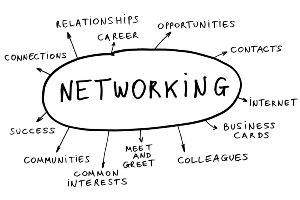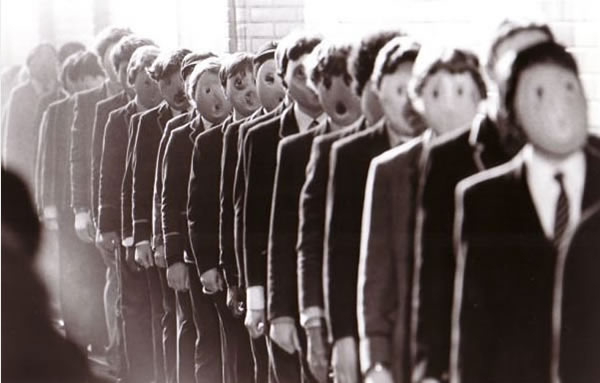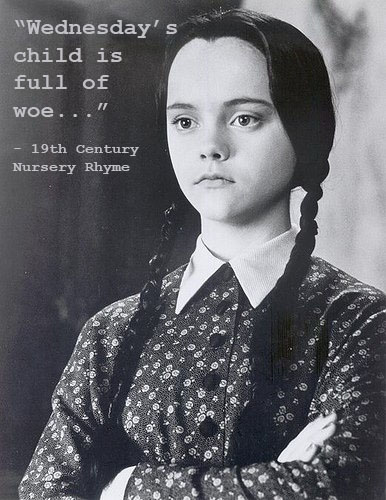
For a new Culture on the Edge series “You Are What You Read” we’re asking each member to answer a series of questions about books — either academic or non-academic — that have been important or influential on us.
2. Name one of your favorite theory books.
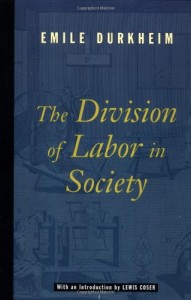 While I’m tempted to name one of my favorites by Althusser, Derrida, Foucault, Bourdieu, or Butler, I think I’ll go with Durkheim’s The Division of Labor in Society. While Elementary Forms seems to be everyone’s favorite in religious studies, I have a strong preference for Division of Labor. In Division of Labor we see the best and worst of Durkheim all at once: sometimes rigorous and sometimes sloppy in his argumentation, he delivers a devastating blow to methodological individualism, he shows how culture is fundamentally related to society or social structure, but — although he frequently departs from the self-serving views of his contemporaries — he speaks freely of “primitive savages” across the globe and ratifies a certain brand of European ethnocentrism. I love teaching Division of Labor because I get to show students a brilliant mind whose views deserve continual consideration yet not always acceptance. Every lecture turns out to be a love letter of sorts to Durkheim, but with a love that resists romaniticizing him and instead loves him despite his flaws.
While I’m tempted to name one of my favorites by Althusser, Derrida, Foucault, Bourdieu, or Butler, I think I’ll go with Durkheim’s The Division of Labor in Society. While Elementary Forms seems to be everyone’s favorite in religious studies, I have a strong preference for Division of Labor. In Division of Labor we see the best and worst of Durkheim all at once: sometimes rigorous and sometimes sloppy in his argumentation, he delivers a devastating blow to methodological individualism, he shows how culture is fundamentally related to society or social structure, but — although he frequently departs from the self-serving views of his contemporaries — he speaks freely of “primitive savages” across the globe and ratifies a certain brand of European ethnocentrism. I love teaching Division of Labor because I get to show students a brilliant mind whose views deserve continual consideration yet not always acceptance. Every lecture turns out to be a love letter of sorts to Durkheim, but with a love that resists romaniticizing him and instead loves him despite his flaws.
Plus, I hate methodological individualism, so there’s that. Continue reading “You Are What You Read, with Craig Martin (Part 2)”

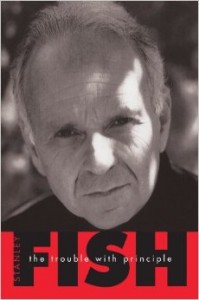 During my senior year of college I picked up a copy of Stanley Fish’s The Trouble with Principle, and it has made an indelible impact on me. In the book, Fish suggests that abstract principles — specifically abstract liberal principles such as “freedom,” “equality,” “inclusion,” “tolerance,” or “neutrality” — are, in and of themselves, vacuous of any particular content and can, in practice, be turned to support just about any social agenda. To use another analytical vocabulary: abstract liberal principles are floating signifiers that, in context, can be fixed to any particular referent, depending on the skill of the rhetorician at work. Fish suggests that liberal proceduralism — the attempt to find and apply non-partisan political principles — is, ultimately, a theoretically bankrupt affair, as abstract principles only begin to take shape when fixed to partisan projects. If it’s politics all the way down, the presentation of one’s own view as above the fray can be reduced to a form of legitimation. That is not to say that what is theoretically bankrupt is not politically useful: in good Nietzschean fashion Fish assumes that partisan contestation is the nature of the game, and that presenting one’s partisan agenda as neutral is a powerful way of winning social and political contests.
During my senior year of college I picked up a copy of Stanley Fish’s The Trouble with Principle, and it has made an indelible impact on me. In the book, Fish suggests that abstract principles — specifically abstract liberal principles such as “freedom,” “equality,” “inclusion,” “tolerance,” or “neutrality” — are, in and of themselves, vacuous of any particular content and can, in practice, be turned to support just about any social agenda. To use another analytical vocabulary: abstract liberal principles are floating signifiers that, in context, can be fixed to any particular referent, depending on the skill of the rhetorician at work. Fish suggests that liberal proceduralism — the attempt to find and apply non-partisan political principles — is, ultimately, a theoretically bankrupt affair, as abstract principles only begin to take shape when fixed to partisan projects. If it’s politics all the way down, the presentation of one’s own view as above the fray can be reduced to a form of legitimation. That is not to say that what is theoretically bankrupt is not politically useful: in good Nietzschean fashion Fish assumes that partisan contestation is the nature of the game, and that presenting one’s partisan agenda as neutral is a powerful way of winning social and political contests.

